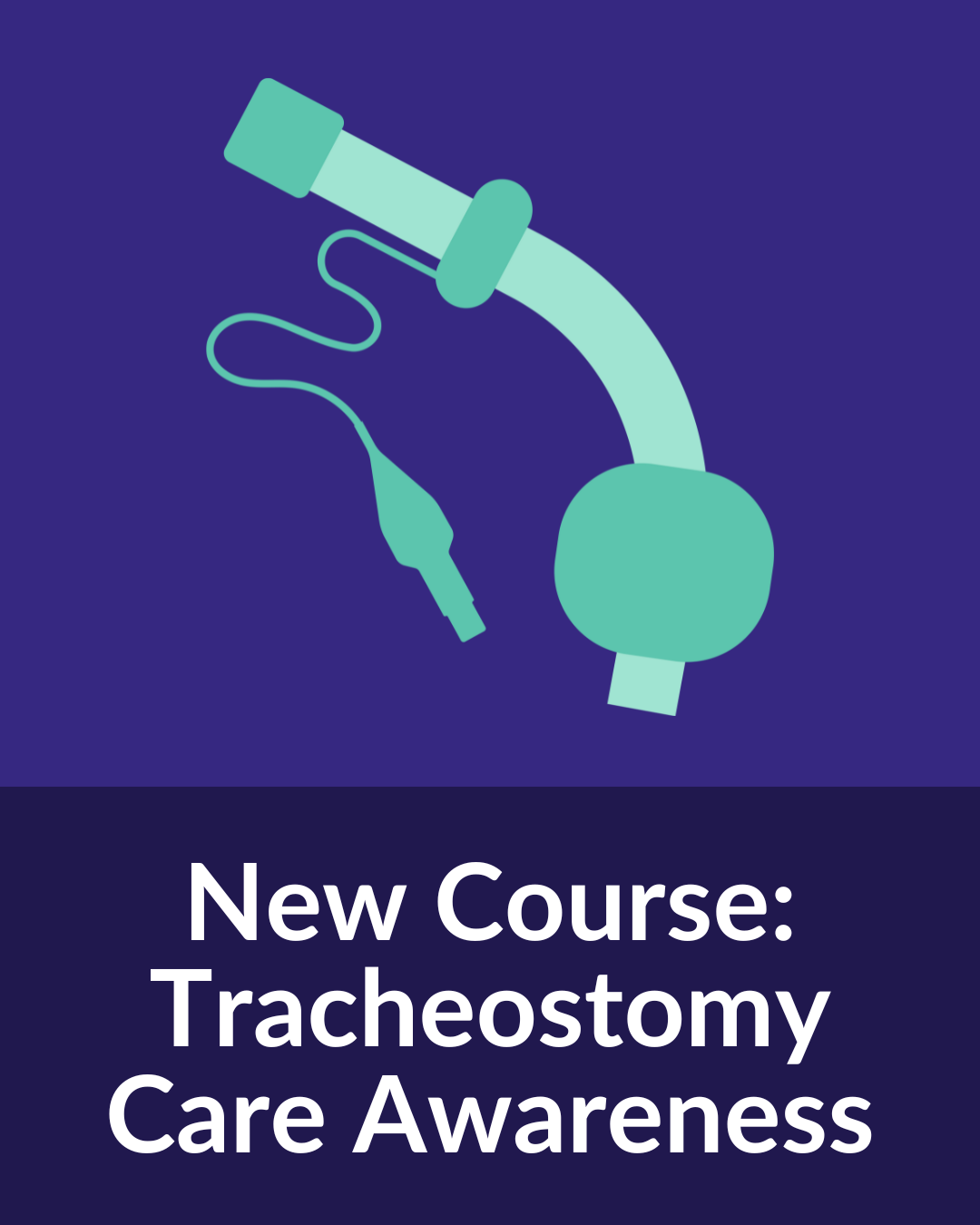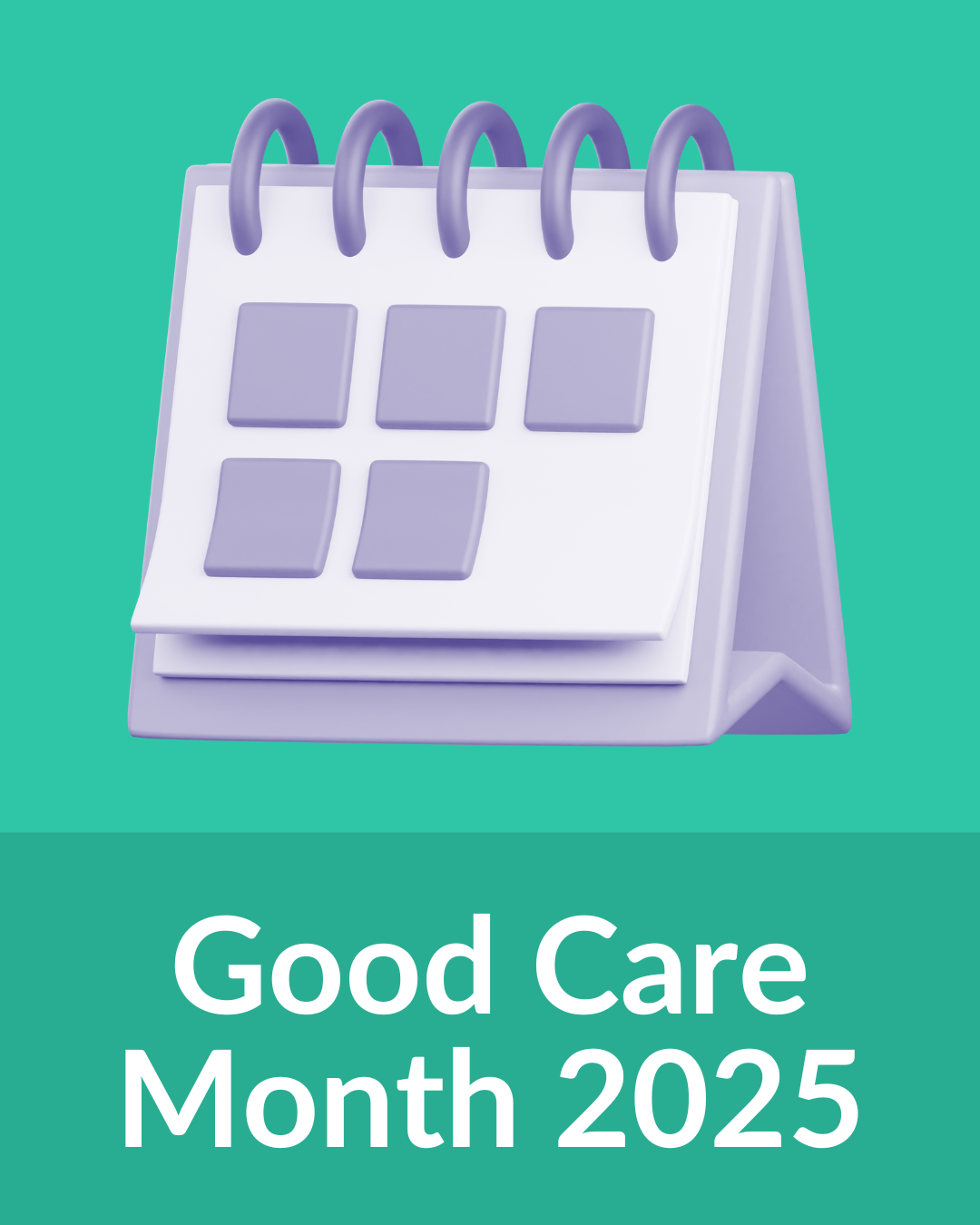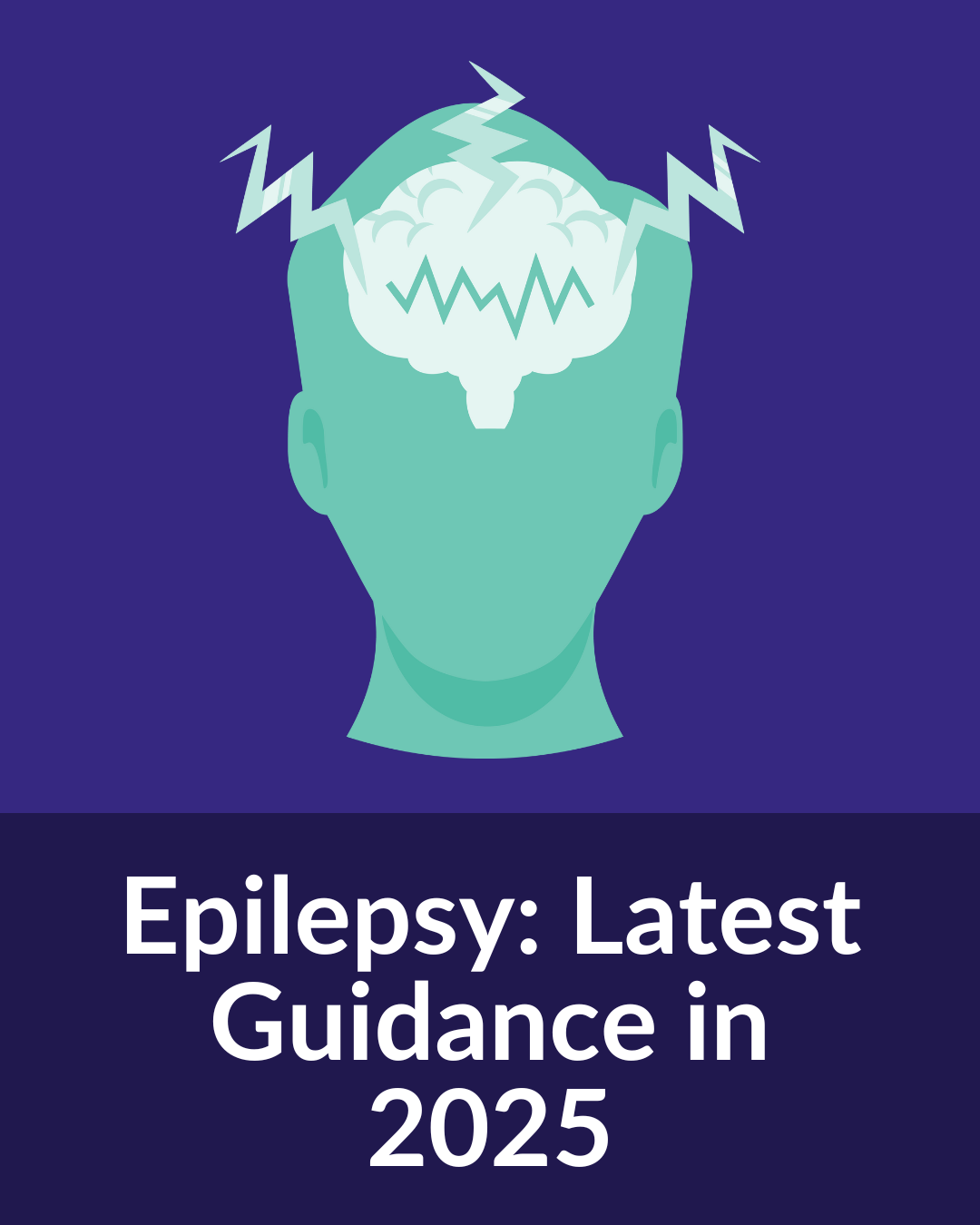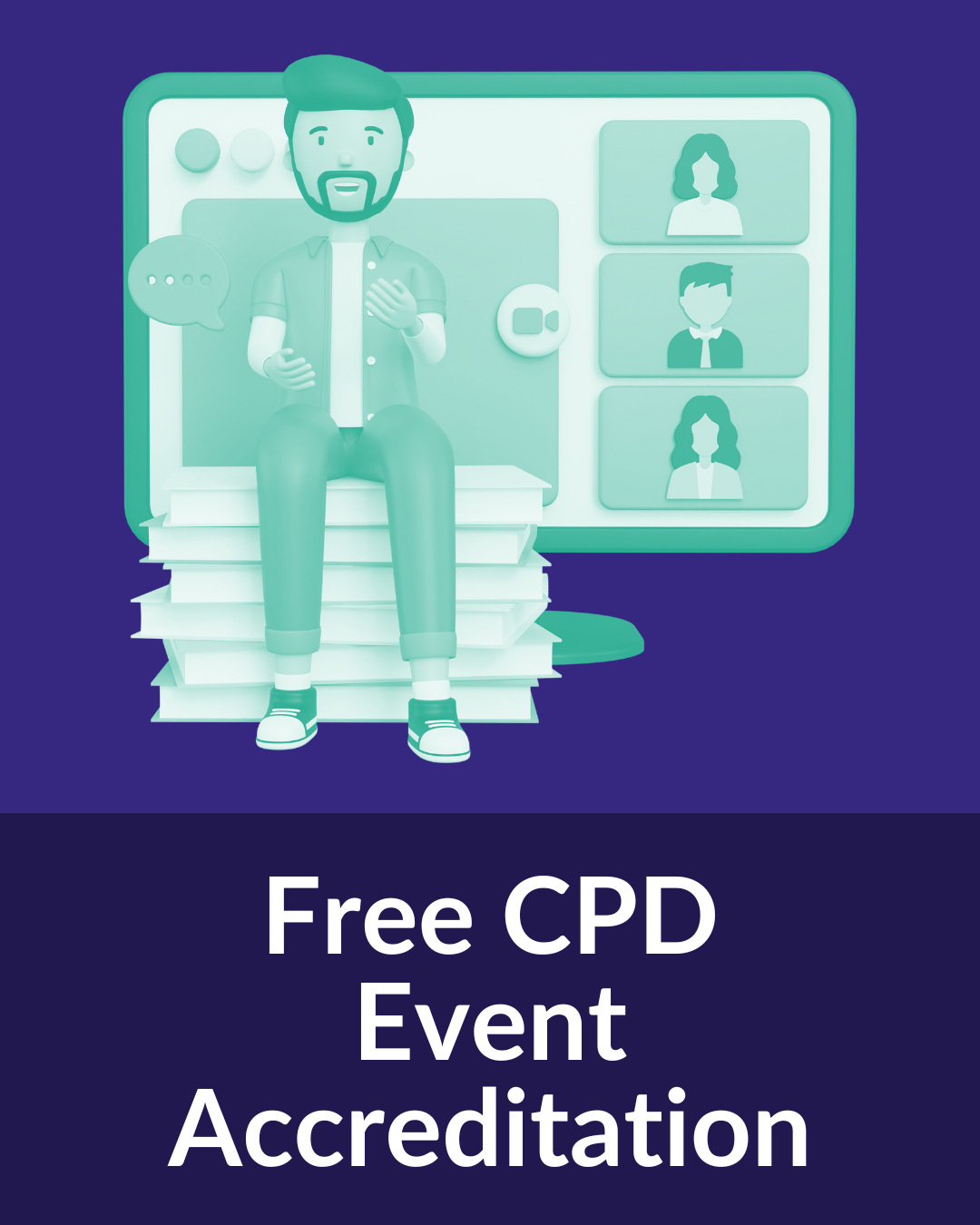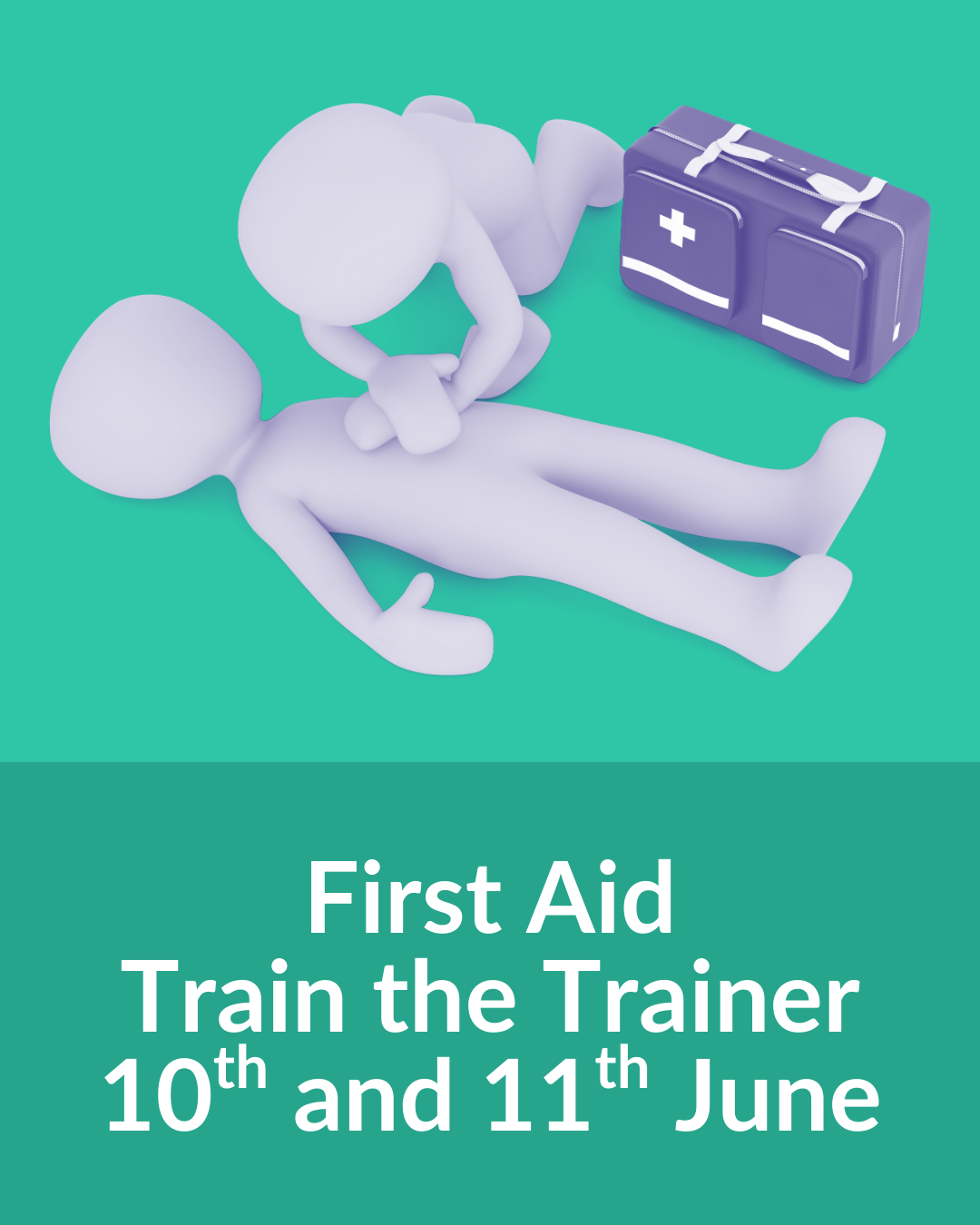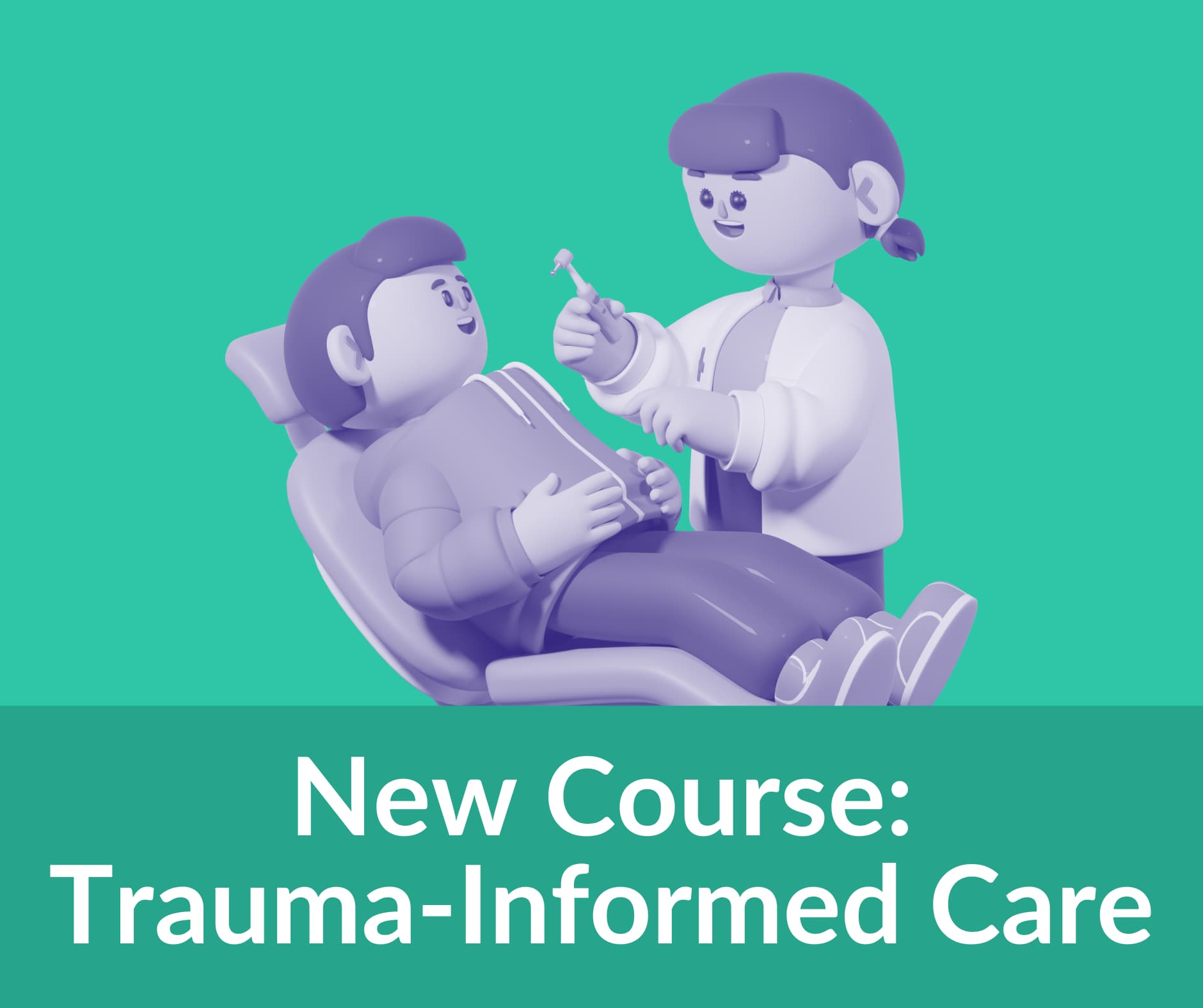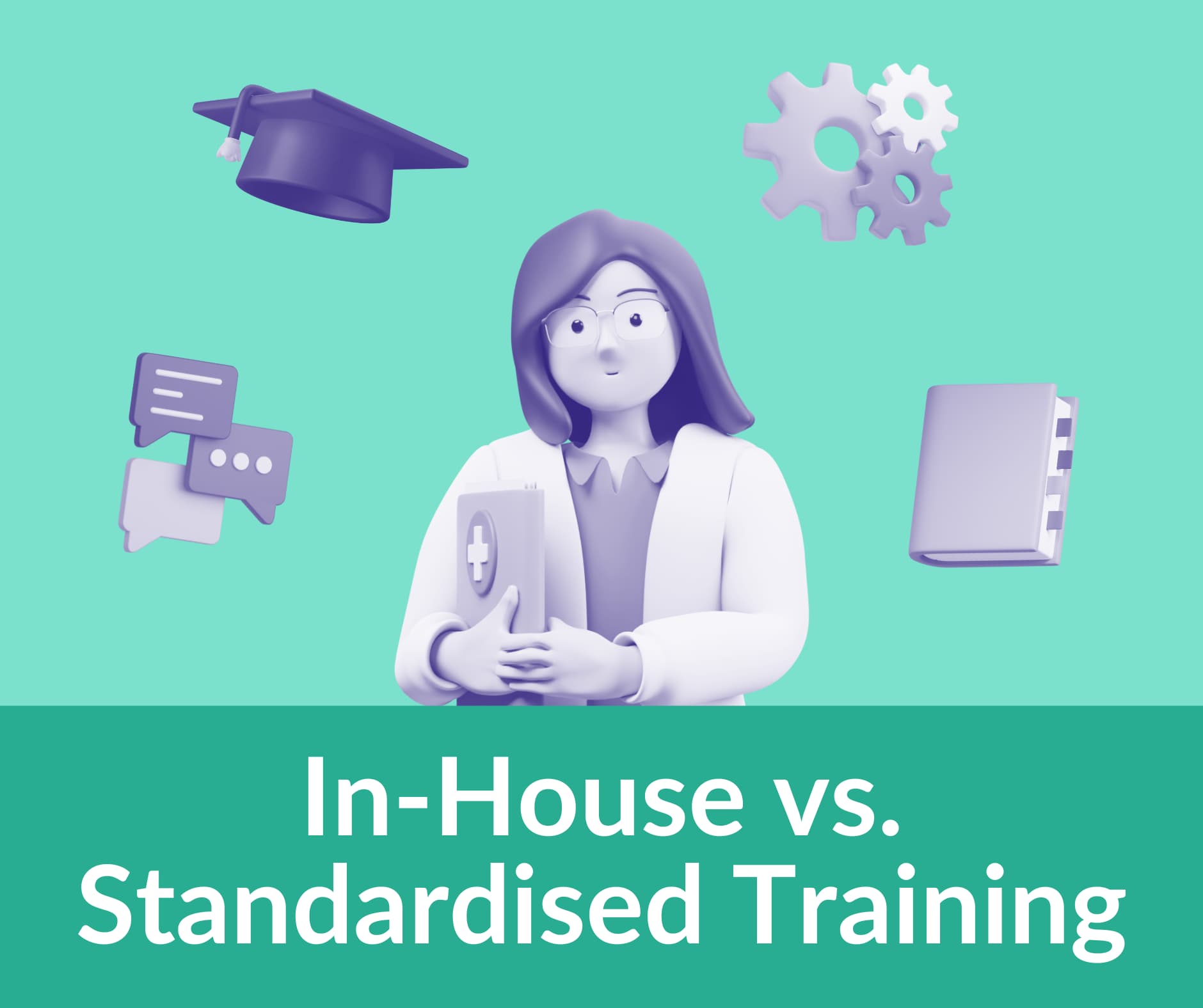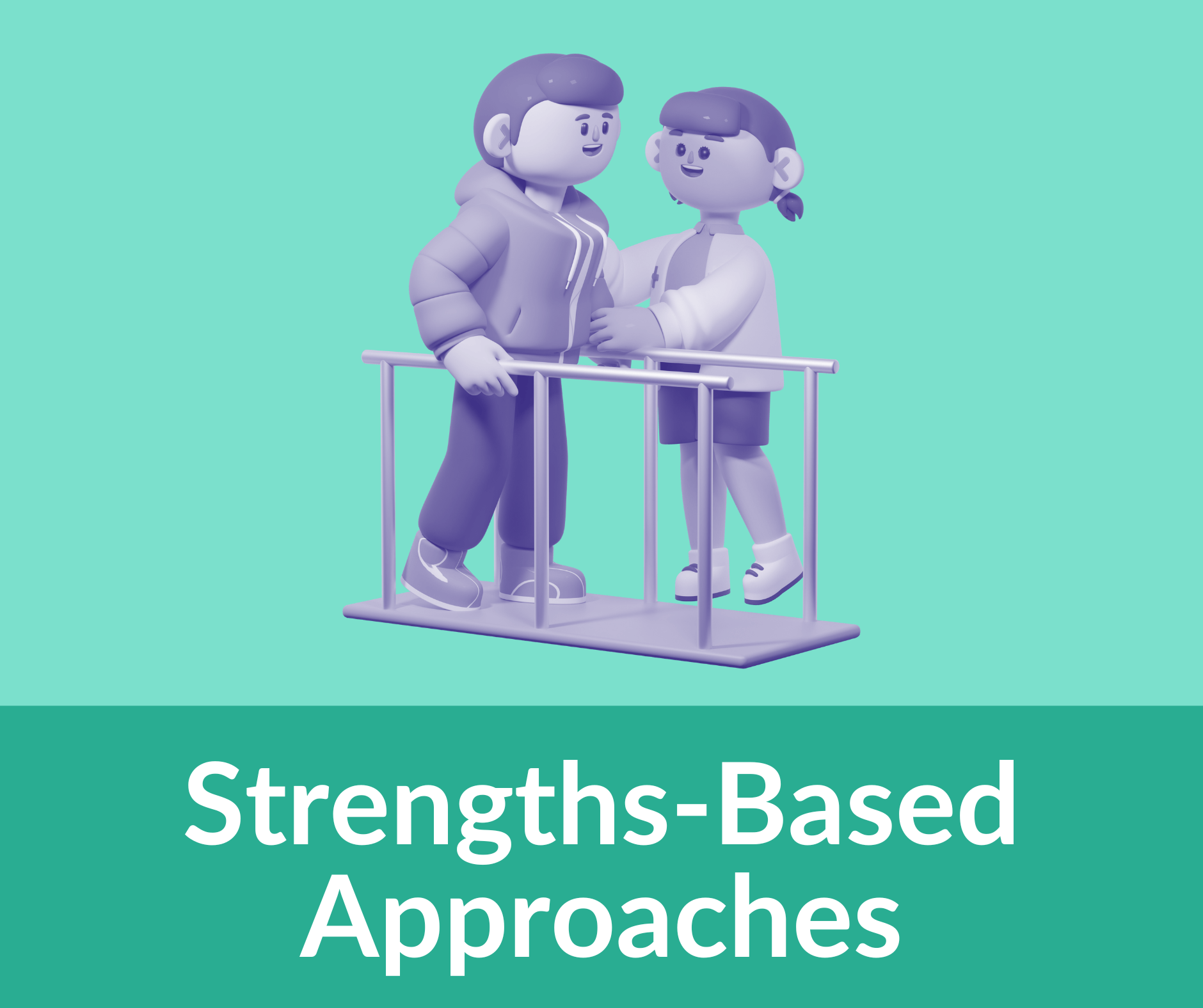At first, the process of getting a course accredited can feel daunting. From searching for accreditation costs to understanding what documents to submit, it’s easy to get lost. Advantage Accreditation keeps things simple with a clear four-step process.
We offer accreditation for training providers for both online and in-person courses. All approved courses receive CPD accreditation through Advantage. We work across all industries, with a particular speciality in health and social care and compliance-based topics.
Step 1: Centre Approval
Your journey begins with Centre Approval. This initial evaluation checks your organisation’s foundations to ensure you can deliver effective accredited training. We ask for documents such as:
- Health and Safety Policy
- Equality, Diversity and Inclusion Policy
- Staff Development Procedure
- Company Insurance Certificate
Don’t worry if you don’t have all of these in place yet. Requirements vary depending on your organisation’s size and sector. If anything is missing or needs updating, we provide guidance to help you achieve accreditation based on UK standards and guidance.
Once approved, you will receive your Centre Approval certificate, and we will add your organisation to our directory of accredited centres. This increases your visibility to those searching online for training providers in the UK.
Step 2: Trainer Approval
Next is Trainer Approval. We assess your trainers to ensure they have:
- Ability to Teach – clear presentation and facilitation skills
- Subject Knowledge – appropriate knowledge of the subjects they deliver
If trainers lack formal qualifications, we can assess occupational competence instead, ensuring their professional roles demonstrate expertise. Advantage also offers Train the Trainer programmes with modules on Presentation Skills and Subject Knowledge.
Step 3: Course Approval
This is where your accredited courses come to life. You can:
Use Advantage ready-made courses – our library includes over 100 accredited training programmes in Health and Safety, First Aid, Food Safety, Mental Health, Safeguarding and more. All packages come with slide decks, lesson plans, trainer notes, assessments, and interactive activities.
and/or
Submit your own original courses for review. We’ll provide detailed feedback to ensure your content meets accreditation standards.
If you’re developing bespoke training, simply submit your materials (slide decks, plans, notes, etc). Our team will conduct a full quality audit, provide feedback, and outline any changes needed for approval.
Step 4: Certification
Once your centre, trainers, and courses are approved, you’re ready to deliver accredited training.
As an accredited centre, you gain access to our online portal, making training admin easy. You can:
- Generate learner certificates with both our logo and yours
- Track training schedules and attendance
- Monitor refresher dates for compliance
- Maintain records in preparation for audits
Next Steps
For a breakdown of our fees and to explore free accreditation options, download our brochure or contact our team.


